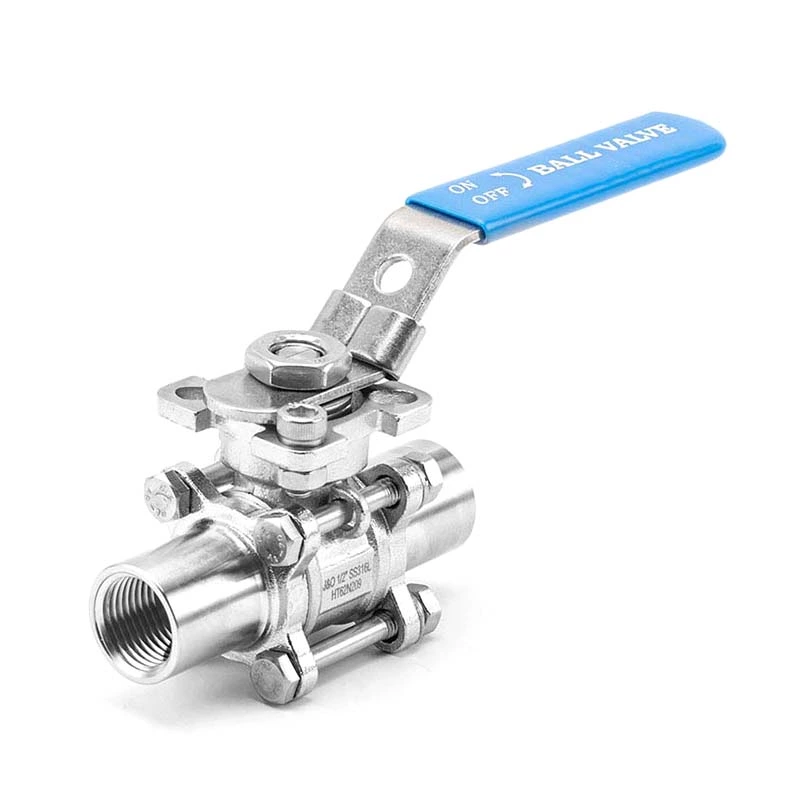Importance Of Maintenance And Repair Of Sanitary Ball Valves
Sanitary Ball Valve The importance of maintenance and repair
If a sanitary ball valve is not repaired properly, once it leaks, it is often already severely damaged, which not only increases the difficulty of repair, but also often even loses the possibility and value of repair. Therefore, for the well-organized and well-managed valve maintenance work, not only the relevant personnel should have corresponding awareness, but more importantly, preventive and maintenance measures, that is, regular inspection of the valve (for example, the sealing of the valve relative to the outside world, the sealing of the valve in the closed state, etc.). The key to preventive maintenance of valves is to repair the valve immediately when the valve leaks for the first time, because the circulating medium can cause large-scale damage to the sealing surface in a short time even if the sealing surface is damaged to a very small extent, resulting in expensive maintenance costs.
A sanitary ball valve is a high-alloy steel valve that can resist corrosion in air or chemical corrosive media. A sanitary valve has a beautiful surface and good corrosion resistance. It does not need to undergo surface treatment such as plating, but gives full play to the inherent surface properties of the sanitary ball valve. It is a kind of steel used in many aspects, usually called a sanitary valve. Representative performance includes 13 chrome steel, 18-8 chrome-nickel steel and other high alloy steels.
When repairing sanitary ball valves, attention should also be paid to the water ingress problem in the electric head and its transmission mechanism. Especially the rainwater that penetrates in the rainy season. One is to rust the transmission mechanism or the transmission sleeve, and the other is to freeze in winter. The torque is too large when the electric valve is operated, and the damage to the transmission components will cause the motor to be unloaded or the over-torque protection to trip and cannot realize electric operation. The transmission components are damaged and manual operation cannot be performed. After the over-torque protection is activated, manual operation cannot be switched on and off. If forced operation is performed, the internal alloy components will be damaged.
Due to the lack of concepts and equipment for the maintenance and overhaul of sanitary valves, only nuclear power plants in China can basically overhaul all valves during each shutdown and overhaul. Repairing after it breaks is a maintenance-free repair, which is extremely unfavorable for the safe operation of the entire set of equipment and the service life of the valve. The potential risk of emergency shutdown accidents is extremely high, and the losses caused by this are also huge.
